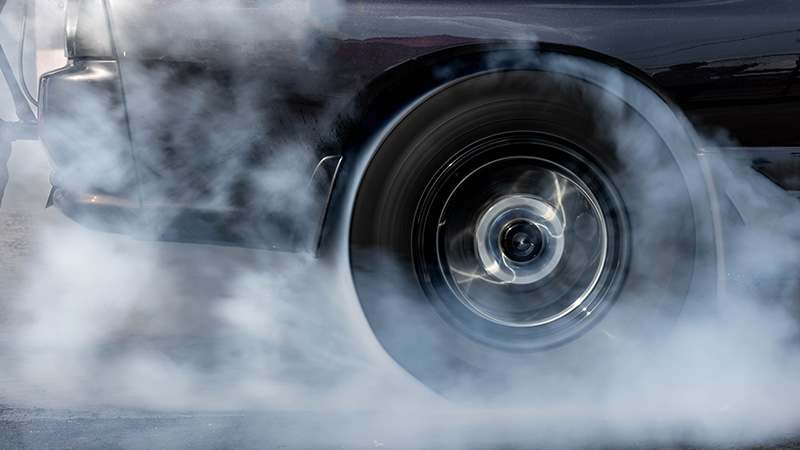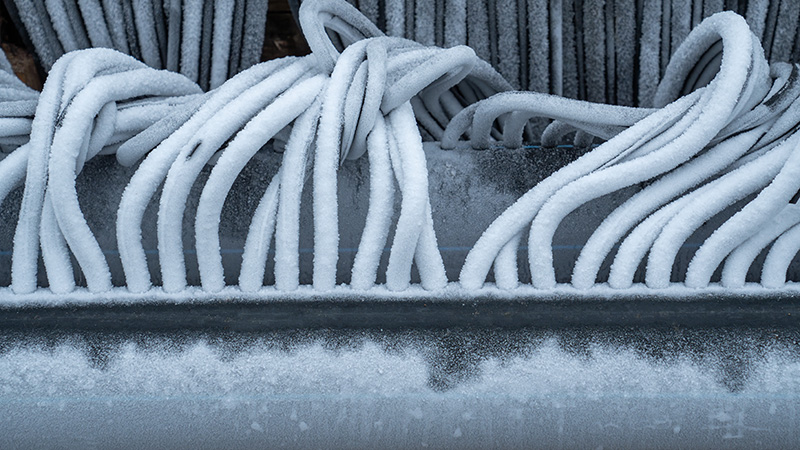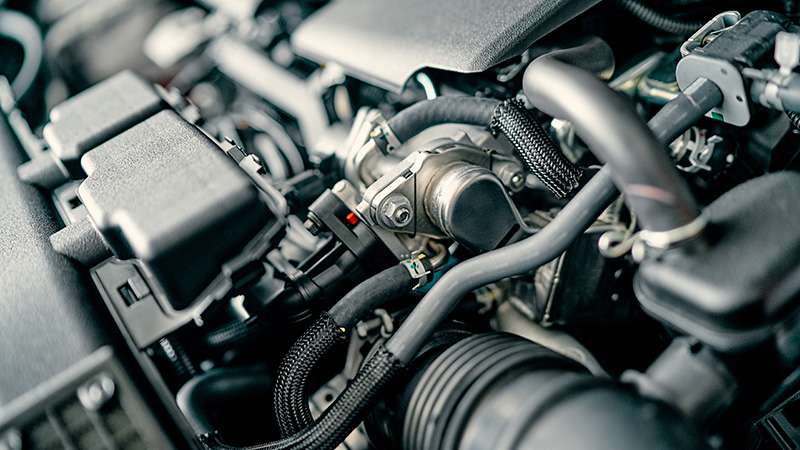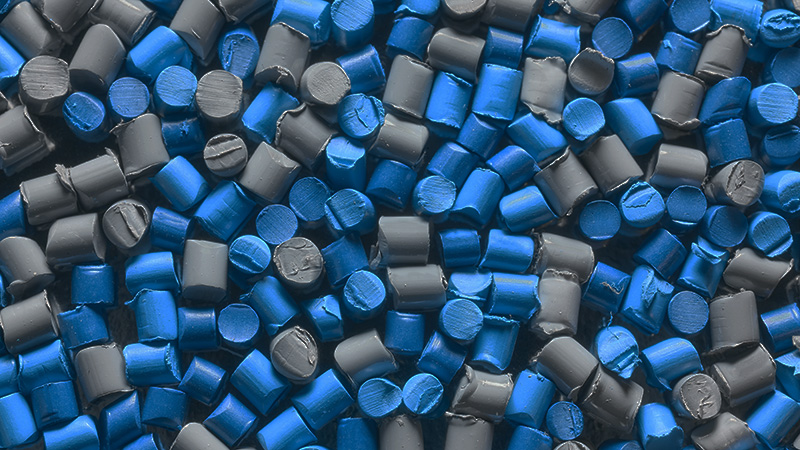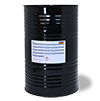Reliable performance, mile after mile.
Cardolite friction particles, resins, and rubber modifiers are engineered for safety, consistency, and durability in the most demanding conditions. Our technology enhances braking stability, wear resistance, and noise control to help deliver dependable solutions for modern mobility and industrial applications.
Reliable performance, mile after mile.
Cardolite friction particles, resins, and rubber modifiers are engineered for safety, consistency, and durability in the most demanding conditions. Our technology enhances braking stability, wear resistance, and noise control to help deliver dependable solutions for modern mobility and industrial applications.






